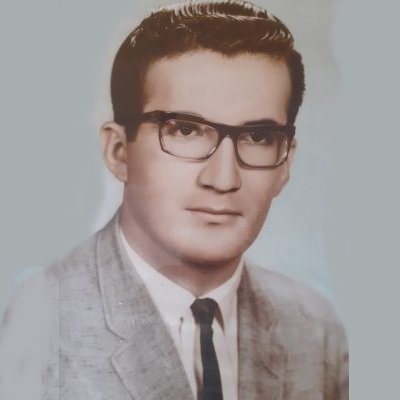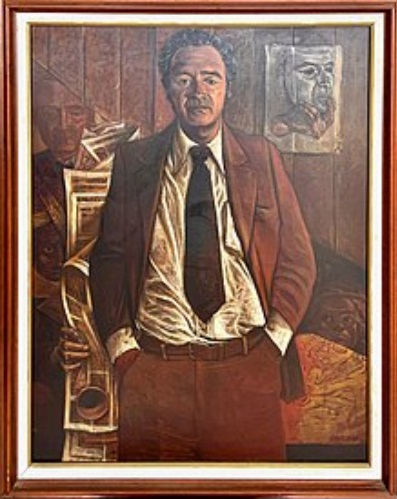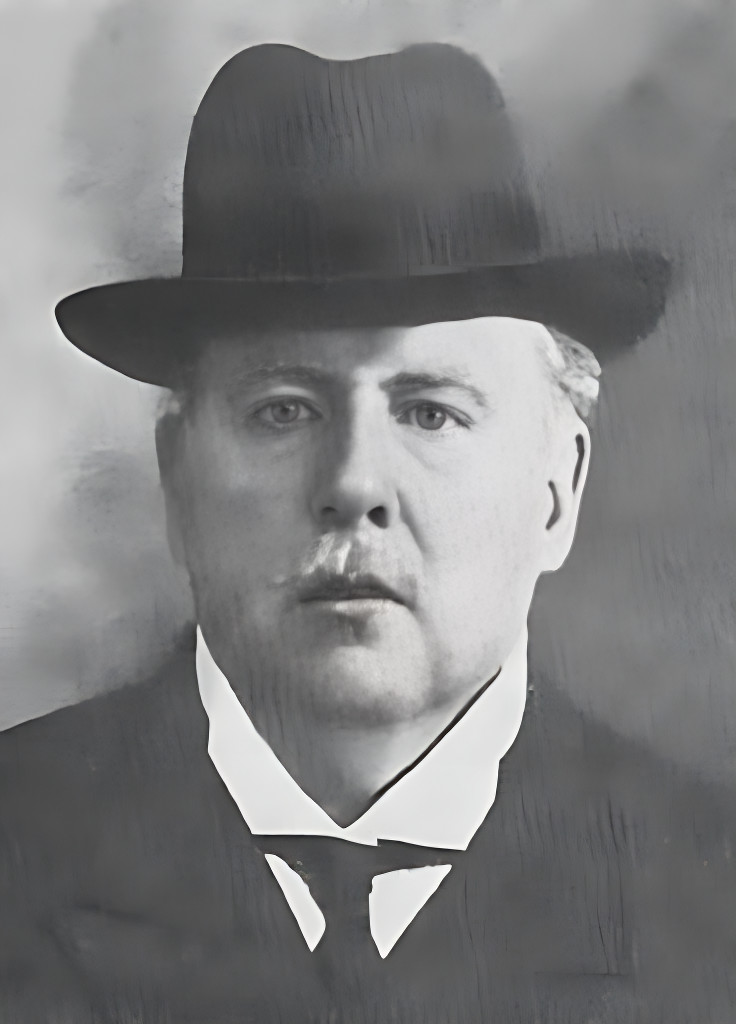Jacinto Santos Verduga (Bahía de Caráquez, September 16, 1944 – Guayaquil, December 2, 1967) was an Ecuadorian poet known for his emotionally charged and existentially reflective works. Despite his short life, Chintolo, as he was affectionately called, published three notable poetry collections: Testimonio (1965), La Llaga Insomne (1967), and Con Los Días Contados (1967). His poetry, marked by themes of nostalgia, sorrow, and a deep contemplation of life and death, continues to be celebrated posthumously, with unpublished poems discovered decades after his death contributing to his enduring literary legacy.
Continue reading “Jacinto Santos Verduga”Category: Writers from Bahía de Caráquez
Carlos Villasís Endara
Carlos Alfonso Villasís Endara (Bahía de Caráquez, November 17, 1930 – Quito, January 27, 2023) was an Ecuadorian writer, poet, playwright, and renowned art critic. He was the founder of the literary group “Galaxia,” member of the “Caminos” group, vice president of the Cotopaxi chapter of the House of Ecuadorian Culture, member of the Legal-Literary Society, and an honorary member of the Association of Plastic Artists of Ecuador. He was known by his family and friends as “Carlucho.”
Continue reading “Carlos Villasís Endara”José María Egas
José María Egas (Manta, November 28, 1897 – 1982) was an Ecuadorian poet, lawyer, journalist and university professor. Many of his poems have been turned into the lyrics of “pasillos,” a genre of music very popular in Ecuador. Egas studied law at the University of Guayaquil, graduating in 1927. He was then active as a lawyer and journalist, but became best known for his poetry, being appointed national poet laureate in 1976. His poem “Plegaria Lírica” has appeared in several American and European Anthologies and is reproduced every year in “The Hundred Best Poems in the Spanish Language,” which is published in Madrid, Spain. Egas worked as a professor at the University of Guayaquil. He was the brother of the poet Miguel Augusto Egas, best known by his pen name Hugo Mayo.
Continue reading “José María Egas”


